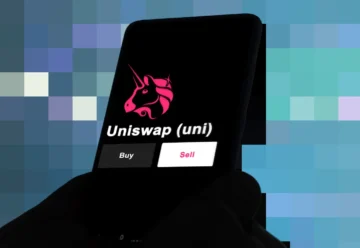U.S. to Circumvent Fed’s Monopoly with Gold-Backed Stablecoin

Two U.S. senators from Texas proposed to create a state digital currency backed by gold. In their opinion, such a crypto-asset will boost investors’ confidence more than CBDCs.
Texas lawmakers introduced bills to create a gold-backed state digital currency. Senators Bryan Hughes and Mark Dorazio introduced two identical bills, 2334 and 4903, in the local Congress.
According to the documents, the officials propose creating a stablecoin pegged to gold. The digital currency would be a fraction of a troy ounce of gold (~31 grams) “held in trust.” The “trustee” would be any financial institution with enough gold on their balance sheet to redeem all issued units of digital currency. Such institutions would also have to provide stablecoin holders with all the necessary tools to hold and transfer the digital currency.
The lawmakers propose to allow trustees access to unlimited gold purchases in exchange for each stablecoin issued being 100% backed by a fraction of a troy ounce of gold. According to the officials, this approach would prevent manipulation of the digital asset’s liquidity.
Trustees will also be required to ensure that the necessary amount is paid in the event that the holder of the digital currency wants to exchange it for cash. Furthermore, the holder of the gold-backed stablecoin must be able to exchange their coins for physical bullion of the precious metal. Trustees will have to ensure that stablecoins are exchanged for gold-backed coins or bullion on demand.
Both bills require approval at Committee, State Senate, and House hearings before becoming official. According to Hughes and Dorazio, the issuance of the gold-baked token would begin on September 1, 2023.
The officials say such a digital currency could stimulate the U.S. economy through a return to the gold standard, which has supported commerce in the country for years. According to the authors of the bills, the stablecoin would allow circumventing the Federal Reserve’s monopoly on money issuance, which could make the initiative difficult for the federal government. Hughes and Dorazio also insist that the gold-backed digital currency would inspire more investor confidence than CBDCs.
Analysts at the policy research center in Washington argued that the CBDC threatens the financial privacy and freedom of American citizens, so more than half of the residents of the country express a negative attitude toward the idea of such a digital currency.











